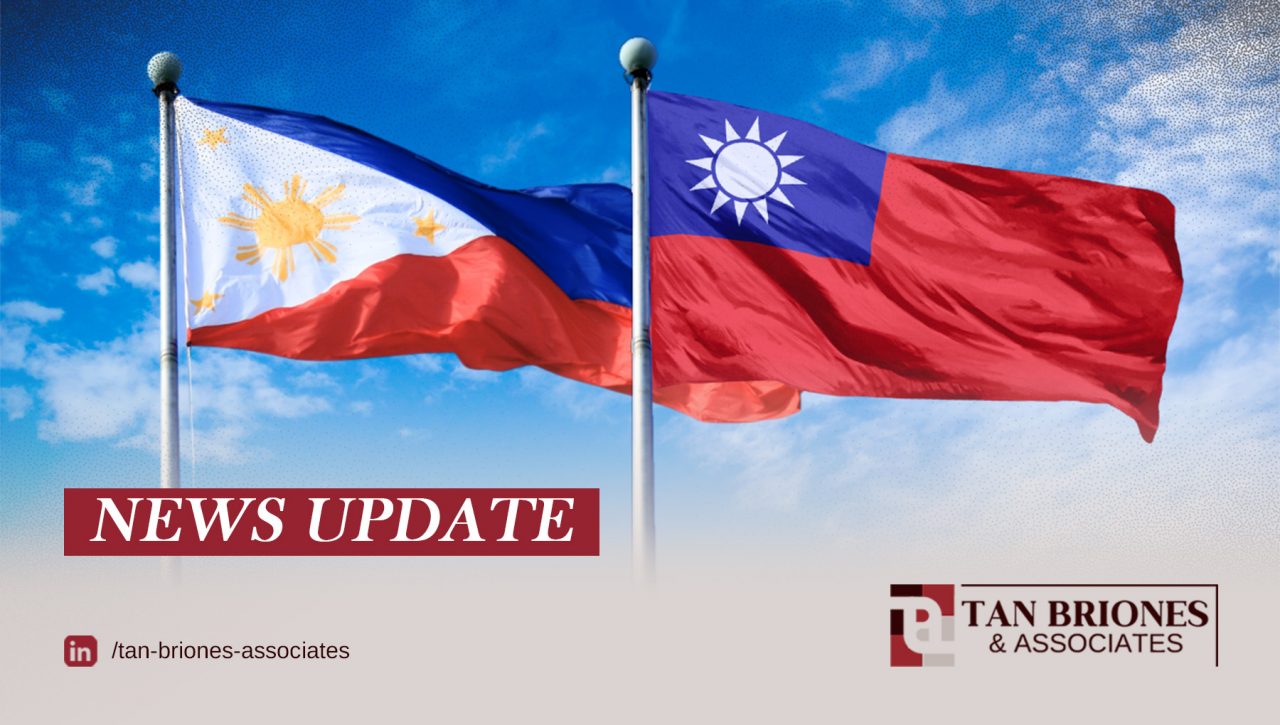
Amid rising geopolitical tensions, Malacañang has issued Memorandum Circular No. 32 imposing stricter guidelines on Philippine government officials’ travel to and engagement with Taiwan in accordance with Executive Order No. 313 (s. 1987).
President Ferdinand Marcos Jr. on April 15 signed the memorandum reaffirming restrictions originally set by EO 313, which prohibits high-ranking officials from visiting Taiwan and mandates clearance before any official activities involving Taiwan.
The order specifically covers the President, Vice President, Secretary of Foreign Affairs, and Secretary of National Defense, who are barred from traveling to Taiwan or receiving Taiwanese representatives.
Other government officials may visit Taiwan solely for economic, trade, or investment purposes, using ordinary passports and without citing their official titles.
“Philippine government officials intending to visit Taiwan for economic, trade and investment purposes, shall travel using their ordinary passports and without using their official titles,” the circular states.
Under the memorandum, officials traveling for these purposes must inform the Manila Economic and Cultural Office (MECO) before departure, coordinate with MECO during their visit, and submit a post-travel report to both MECO and the Department of Foreign Affairs (DFA).
In cases where Taiwanese delegations visit the Philippines for similar purposes, Philippine government officials must notify MECO at least five days in advance and submit a report after the engagement.
The memorandum further states that “no agreements, memoranda of understanding, exchange of notes or similar documents shall be concluded with any Taiwanese organization or agency without clearance from the DFA and, as may be necessary, an authority to sign from OP.”
MC No. 32 supplements previous issuances, including Memorandum Circular No. 148 (s. 1992) and Executive Order No. 15 (s. 2001), which authorize MECO to manage exchanges with Taiwan in non-diplomatic areas such as trade, culture, education, and technology.
The directive was issued to “to further maximize opportunities for the development and expansion of the Philippines’ priority areas of investments.”
Follow Tan Briones & Associates on LinkedIn for more legal updates and law-related articles.







